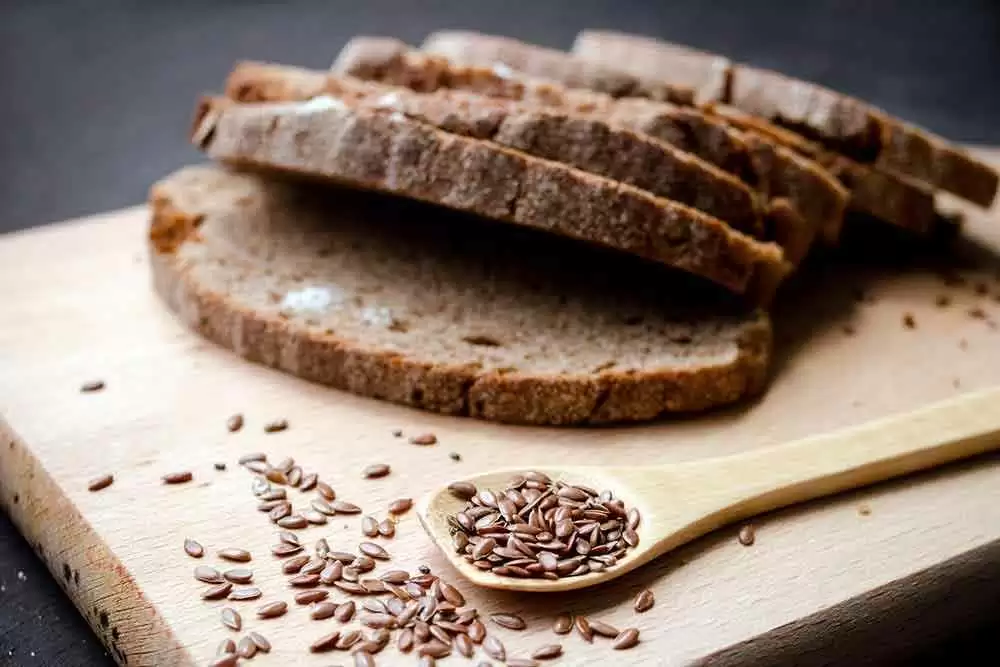
Celiac.com 04/01/2020 - Some people with celiac disease have symptoms even when they follow a gluten-free diet. Even though the most likely culprit in these cases is cross-contamination, or some other type of food sensitivity, some people have suggested that the problem may have to do with certain foods that trigger a celiac-like gut reaction. But, is that really true?
A few years back, a team of researchers set out to figure out if such symptoms might come from either cross-contamination with gluten-containing foods, or cross-reactivity between α-gliadin and non-gluten foods eaten as part of an otherwise gluten-free diet.
Celiac.com Sponsor (A12):
Researcher Aristo Vojdani, and colleagues with the Immunosciences Lab used ELISA and dot-blot to gauge the reactivity of affinity-purified polyclonal and monoclonal α-gliadin 33-mer peptide antibodies against gliadin and other food antigens often eaten by celiacs who are following a gluten-free diet.
The team also assessed the immune reactivity of these antibodies with various tissue antigens. According to their results, these antibodies to cow’s milk, milk chocolate, milk butyrophilin, whey protein, casein, yeast, oats, corn, millet, instant coffee and rice, triggered significant immune reactivity.
These results seemed to confirm that certain foods might be "cross-reacting," and triggering celiac-like symptoms in celiac patients on a gluten-free diet.
Questions About Vojdani Methodology
Taken at face value, the 2013 Vojdani study would seem to support the idea of otherwise gluten-free foods being cross-reactive, and causing celiac-like symptoms in people with celiac disease.
However, a 2019 review of that study by Christina L. Graves Ph. D, with the University of North Carolina at Chapel Hill Department of Biology, casts serious doubt on the methodology and findings of the Vojdani study. Ms. Graves' review, 19 Gluten Cross-Reactive Foods Busted Myth, appears at Paleofoundation.com, and she really highlights the flaws in the Vojdani study, and they are many.
Also, for something as simple as corn zein, "...celiac disease-specific antibodies don’t appear to cross-react to corn zein. The rice/gluten cross-reactive study cited by Vojdani & Tarash 2013 is specific for IgE mediated responses, whose dominant epitopes are different than the epitopes recognized by anti-α-gliadin antibodies presented in this study.
Graves takes care not to step on too many toes by noting that she is only seeking "to highlight the importance of being rigorous with our own research and reporting within the ancestral health community and to highlight that the rationale for the avoidance of some foods may have arrived through the inflated interpretation of inconclusive results."
With respect to the types of tests used to show cross-rectivity, Graves adds "The Celiac Disease Center does not currently recognize Enterolabs or Cyrex stool tests for cross-reactivity (or for celiac disease for that matter). [20] Simply, they are “not sensitive or specific enough” and just haven’t held water (yet) in the scientific arena."
Graves may tread lightly in her comments, but her methodical take down of the Vojdani study casts serious doubt on the study's methods, and conclusions, about cross-reactivity. Moreover, there has been no substantial confirmation of the Vojdani findings since the original publication, and there has, so far, been no credible rebuttal to Graves' finding regarding the study.
Thus, it is sensible to conclude that Graves is correct, the Vojdani study methods and conclusions are seriously flawed, and that there is no good data to support to claims that cross-reactivity in certain non-gluten foods can trigger celiac-like symptoms in people with the disease.
Put simply, until we get more convincing study, with solid evidence to the contrary, there is no good evidence to support the idea of non-gluten cross-reactivity in people with celiac disease.
- Read 19 Gluten Cross-Reactive Foods Busted Myth by Christina L. Graves Ph. D at Paleofoundation.com.
- Read the original Vojdani Study in Food and Nutrition Sciences 04(01):20-32 · January 2013.












Recommended Comments
Create an account or sign in to comment
You need to be a member in order to leave a comment
Create an account
Sign up for a new account in our community. It's easy!
Register a new accountSign in
Already have an account? Sign in here.
Sign In Now